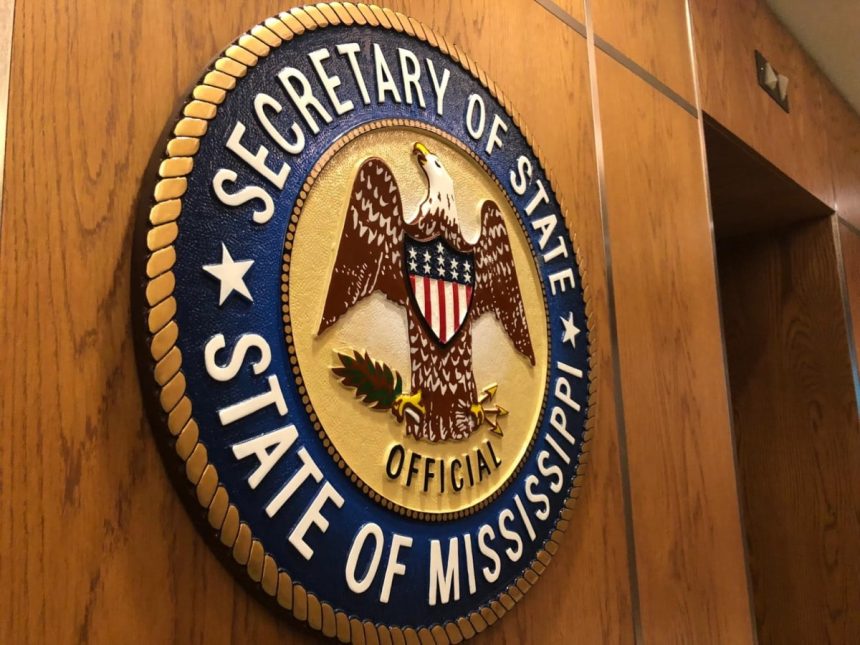This Friday will mark two weeks since the Mississippi Supreme Court ruled that Initiative 65 was improperly placed on the ballot in November 2020—negating the medical marijuana program adopted by voters. Appearing on SuperTalk Mississippi, Secretary of State Michael Watson announced that, after discussing options with the office’s legal council, an appeal will not be filed.
Watson confirmed that the state will not be filing a motion for a rehearing in the case that has also led to the demise of the citizen-led initiative process in Mississippi for the time being. Appellate Court rules in the state grant the losing party the right to file such a motion within 14 days of the opinion being handed down, but the Secretary of State’s Office has opted not to do so.

“We looked at the Court’s past performance, and different case law, and kind of made some decisions based on that as well as what we thought would happen,” said Watson. “I think it would be a waste of time, in a sense that I don’t think it would be a successful effort. By that, we’re not going to petition for a rehearing on this. In a sense, you would be delaying the inevitable, so instead of doing that, let’s get this off the table and move forward with it in a special session.”
The 6-3 ruling made by the state’s highest court went in favor of Madison Mayor Mary Hawkins Butler, who filed the lawsuit, with the majority noting that the ballot-initiative process “cannot work in a world where Mississippi has fewer than five representatives in Congress” due to the existing language in section 273(3) of the Mississippi Constitution.
The rules for a rehearing require the filing party to “call attention to specific errors of law or fact which the opinion is thought to contain,” which would’ve been an uphill battle for the Secretary of State’s Office as nothing has been done to update the relevant code section to reflect the loss of that fifth Congressional District following the 2000 census.
Countless questions have arisen in the days since the ruling in regards to what’s next for both medical marijuana and the initiative process in Mississippi. As many await the governor’s decision on whether he’ll call a special session, Watson has previously offered his suggestion on how to reinstate citizen-led initiatives, and it’s something he pushed during his time in the Legislature.
“As was mentioned in the hearing, I filed a concurrent resolution to amend section 273(3) of our Constitution in 2015, and strongly encourage my former colleagues to do so again. By changing the words ‘one-fifth (1/5)’ to its ‘pro-rata share,’ Mississippians will regain the ability to change our Constitution no matter the number of congressional districts we have,” Watson said following the initial ruling.
Since then, organizers of an initiative aimed at expanding Medicaid in Mississippi have suspended their campaign, while another group, advocating for a 10-day early voting period, continues to press forward as they await action from lawmakers. In his statement back on May 17th, Watson did say that without judicial or legislative intervention or a timely constitutional amendment, it’s “doubtful” that current initiatives will make it to the ballot box in the near future.
If a special session is called in order to amend the language in question, a fix would require a 2/3 vote in each chamber and approval by Mississippi voters during the next statewide election—currently slated for November 2022 but a special election could be called. A special session could also be convened specifically to adopt a medical marijuana program. The Senate passed a backup plan for Initiative 65 during the previous session, but it died in the House.







